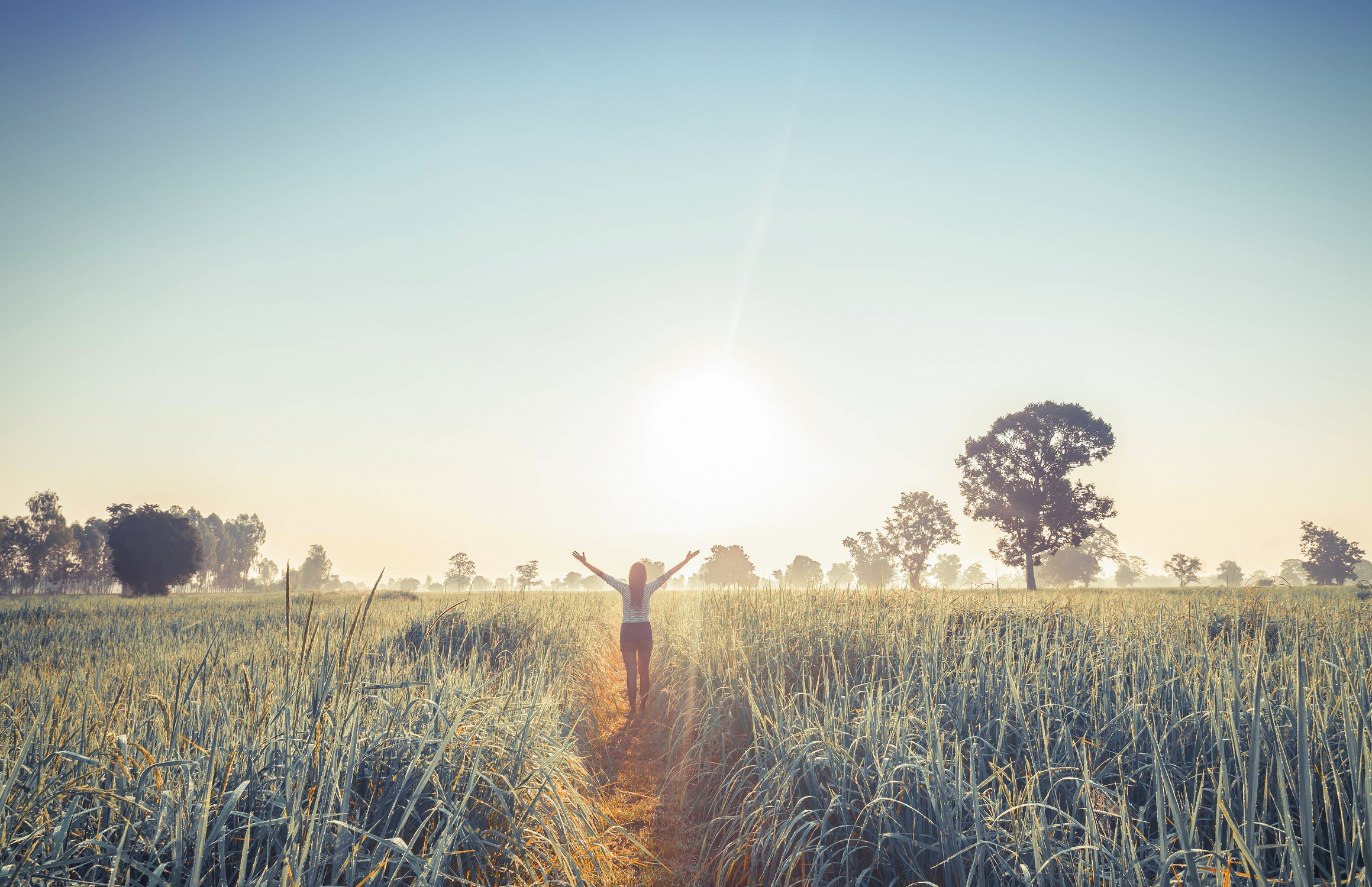We’re not all cut-out to be hard-core eco-warriors or die-hard greenies, which is why there’s never been a successful one-size-fits-all solution when it comes to more sustainable living. Our journey to living more lightly and wisely on Earth is highly individual, our ethical choices will vary and there are many different routes to take.

For some, drought and water restrictions might lead them to investing in the latest smart water-saving technologies. For others their love of the outdoors might inspire a commitment to reduce their waste or go plastic-free. Health issues or animal welfare concerns can trigger changing to a plant-based diet or shopping for environment and human-friendly household cleaners and personal care products. For many, the arrival of a new baby is a really compelling reason to make a host of lifestyle choices that support a more sustainable world for our future generations.
Essentially, there is no one particular motivation or ethical choice that is better than any other. What’s important is just that we find our myriad of different ways to make the choices that ensure a healthier and happier planet and people.
We asked some of SA’stop green experts for tips to making a greener start to 2018:
“It’s the year to go plastic-free” says Founder of Faithful to Nature, www.faithful-to-nature.co.za , Robyn Smith, and it is true that many of us are feeling overloaded by the sheer scale of harm caused by plastic pollution. “It’s important to set the intention to go plastic-free. After that, you’ll find it much easier than you thought to find great alternatives,” says Robyn. “From re-usable shopping bags and drinking straws to on-the-go coffee cups and water-bottles, there is so much that we can do to effectively reduce plastic waste. It is simple to replace plastic sticky tape with paper tape options, cling-wrap with natural cotton dish covers and get the whole family brushing with bamboo toothbrushes. Going plastic-free can also enhance your shopping experiences as you forego the heavily plastic-packaged food products in supermarkets and opt instead for the artisan-made options at your local market.” To make plastic-free living easy in 2018, Faithful to Nature has curated a searchable collection of practical alternatives to the worse pollutant on the planet.
Get to zero waste by upcycling non-recyclables – Innovative ways to get to zero waste are popping up all the time. Founder of Waste-ED, Candice Mostert has been personally stuffing non-recyclables into two litre plastic bottles for over six years to make Ecobricks which are used in a wide variety of constructions from public benches with sea views to toilet blocks in disadvantaged areas. “What is staggering is that you can fit the non-recyclable contents of two black rubbish bags into just one 2 litre plastic bottle,” Candice says, “While the goal is, of course, to get to a total ban on single use plastics and non-recyclables such as foil, cling-wrap, most sweet and biscuit wrappers, Ecobricks are currently a global solution to upcycling community waste.”
Grow your own – Trendy chef gardens at our favourite restaurants and the explosion of neighbourhood goods markets laden with packaging-free fruit and veg are reminders of the joys of fresh, local produce – and, nothing can be fresher or more local than food from your own back garden. “Many dream or talk of having a food garden because we are inspired by the inherent goodness of growing our own food. Well, a new year is a great time to stop dreaming and growa thriving, organic veggie garden.” says Vanessa Jacobs of Sow Delicious. “Yes, it takes some time spent regularly in the garden, and some effort on your part, but this is a great, healthy activity for the whole family in more ways than one.” It’s easy if you start small. Many herbs, veg such as chillies and tomatoes, salad leaves such as lettuce and rocket, and fruits such as strawberries and gooseberries can even be grown well in pots on a patio or balcony. If you use heirloom seeds such as those in the Sow Delicious Slab of Seed range, you will not only be reducing your family’s food footprint but also contributing to the preservation of vital seed varieties. “In this last 100 years,93%of all known fruit and vegetable varieties have gone extinct,” Vanessa points out, “By growing and saving heirloom varieties in your home food garden you join the ranks of custodians who are helping to save our purest food from the brink of extinction.”
Become an engaged supporter of an environmental cause you care about–When faced with the specter of an environmental crisis, many of us will sign petitions and from time to time oroffer donations to non-profit organisations. This is great, but we can all do so much more when we also become champions and social influencers on behalf of a cause that is meaningful to us. Getting more involved with an organisation can also bring us so much more fulfilment. For example, Greenpop, an effective organisation of ‘treevolutionaries’ provides a range of ways to do more through activism, gifting trees, attending community-building events and offering volunteerism opportunities that connects you with others who share similar concerns and interests.
“What’s important to remember as we go into 2018, is that what we need for a better world is not the New Year resolutions that never pan out, but real sustainable solutions that everyone can be part of,” Robyn concludes. “We all want less waste and less plastic, better health and greater fulfilment in our day to day lives. It doesn’t really matter whether your ‘thing’ is cruelty free beauty and mine is being vegan, we’re both making ethical choices and being faithful to Nature in the way that makes the most sense to us.”
Visit www.faithful-to-nature.co.za.
Issued on behalf of: Faithful to Nature
Issued by: liquidlingo Communications
Contact: Monique Murphy | [email protected] | 072 488 8641




























